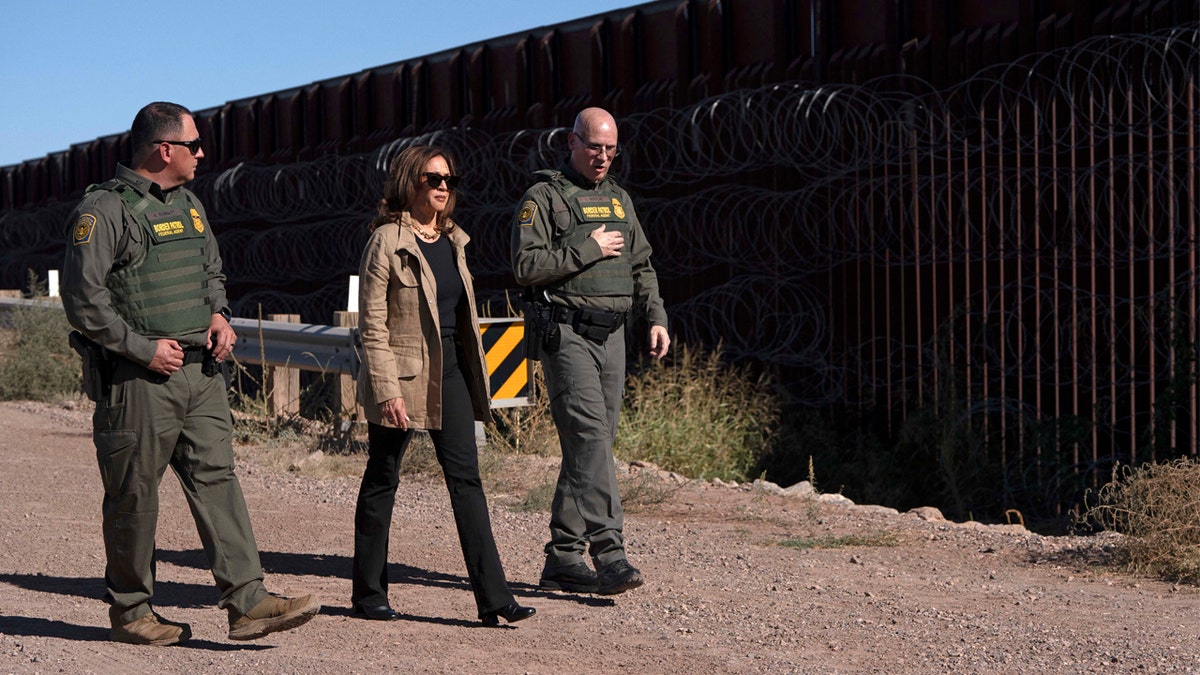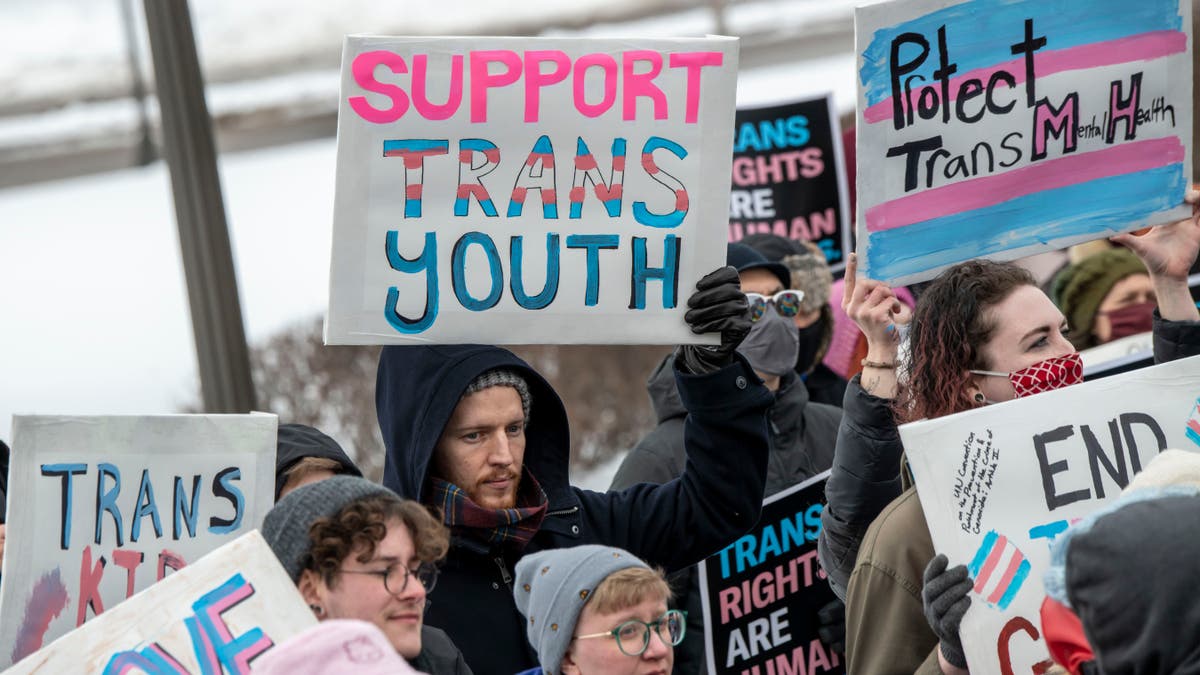The year 2024 witnessed immigration and border security take center stage, significantly influencing the presidential election. Both candidates vied to position themselves as the most capable of addressing the ongoing border crisis and its nationwide repercussions.
The migrant crisis, which escalated in 2021 and persisted through 2022 and 2023, continued into January 2024. December 2023 saw a record-breaking number of border encounters, exceeding 250,000. High-ranking officials visited Mexico in an attempt to encourage increased efforts to curb the northward flow of migrants. As the 2024 presidential and congressional races gained momentum, the immigration issue became a dominant theme. Then-candidate Donald Trump pledged a mass deportation operation if elected, while President Biden highlighted a decrease in encounters since the start of the year and signed an executive order in June restricting asylum entries.

February brought a glimmer of hope with a bipartisan border security bill proposed in the Senate. The bill, which included increased funding for border agencies and emergency powers to restrict border entries under certain conditions, also streamlined work permits for migrants and strengthened asylum screening procedures. While the Biden administration endorsed the bill, it faced resistance from both conservative and some liberal Democrats. Conservatives argued it would solidify high border encounter numbers, while the Biden and Harris campaigns presented it as a bipartisan approach rejected by Trump for political reasons.
Several high-profile crimes allegedly committed by undocumented immigrants throughout 2024 further intensified the debate. The death of Georgia college student Laken Riley, for which Venezuelan undocumented immigrant Jose Ibarra was charged, and the murder of 12-year-old Jocelyn Nungaray in Houston, allegedly by two undocumented immigrants, brought the issue of migrant crime to the forefront. While immigration advocates cited statistics suggesting lower crime rates among immigrants compared to U.S. citizens, this did little to quell public outrage over these incidents.
With Biden's decision not to seek re-election, Vice President Harris became the Democratic nominee. Her role in addressing the “root causes” of migration, a task that earned her the label of “border czar” by some, drew immediate scrutiny. Harris faced questions about the Biden administration’s border policies and her own past stances on immigration, including support for gender transition surgery for detained migrants and calls for decriminalizing illegal border crossings. A Harris campaign advisor attributed her evolving positions to her experience in the Biden-Harris administration.

The Biden administration's use of humanitarian parole to admit thousands of migrants, particularly through the CBP One app, became a contentious issue during the election. Reports about the impact of Haitian migrants on communities across the U.S. fueled the debate. Trump's unsubstantiated claim during a presidential debate about Haitian migrants eating cats and dogs in Ohio became a viral moment, highlighting the impact of mass migration on local communities.
Throughout the campaign, polls consistently showed Trump leading Harris on border security and immigration issues, a topic voters ranked as a top concern. While Harris criticized Trump for not supporting the bipartisan border security bill, the gap between them remained, with Trump continuing to label Harris as the “border czar.” Trump ultimately won the election, reaffirming his commitment to securing the nation's borders.









